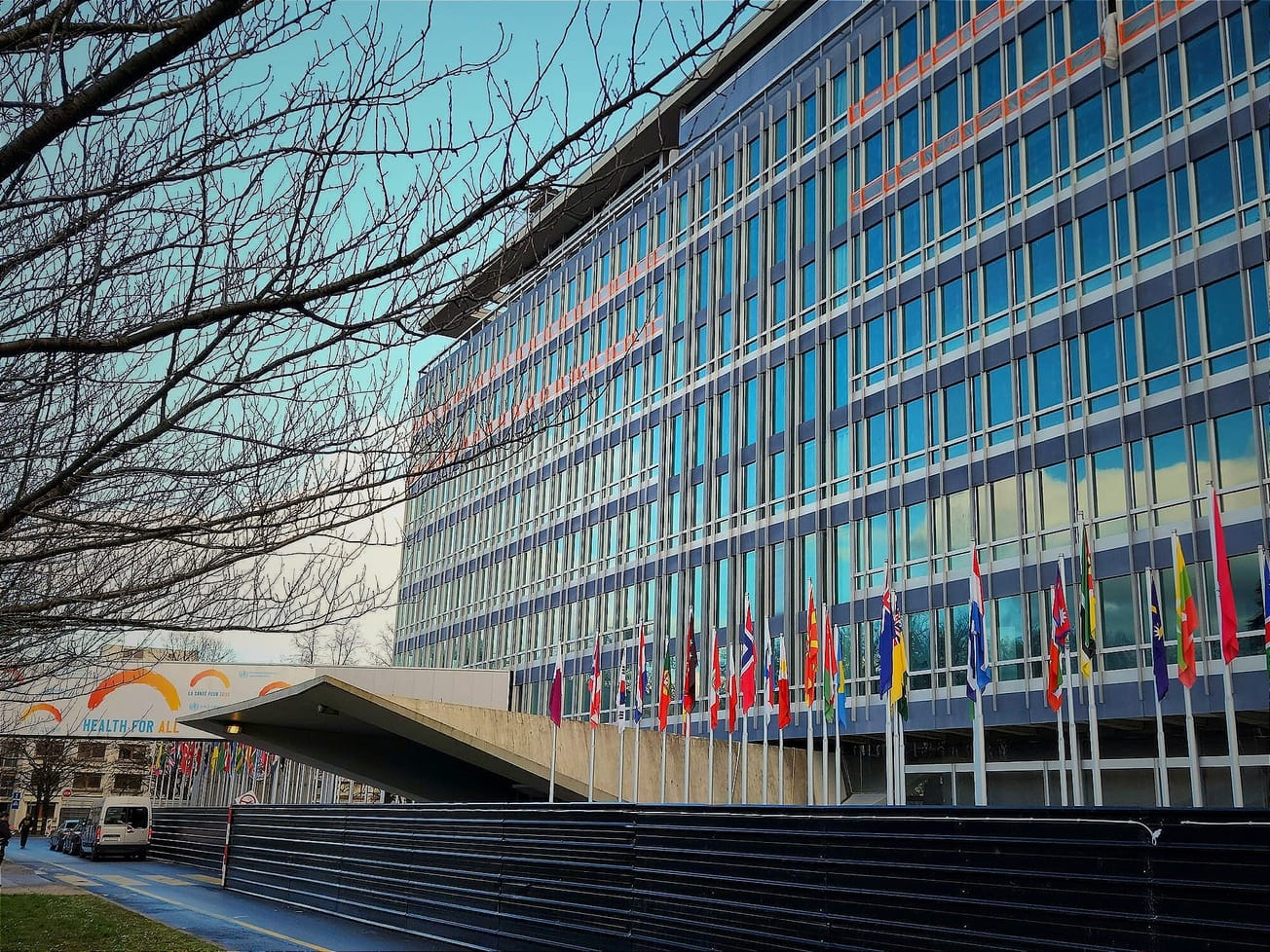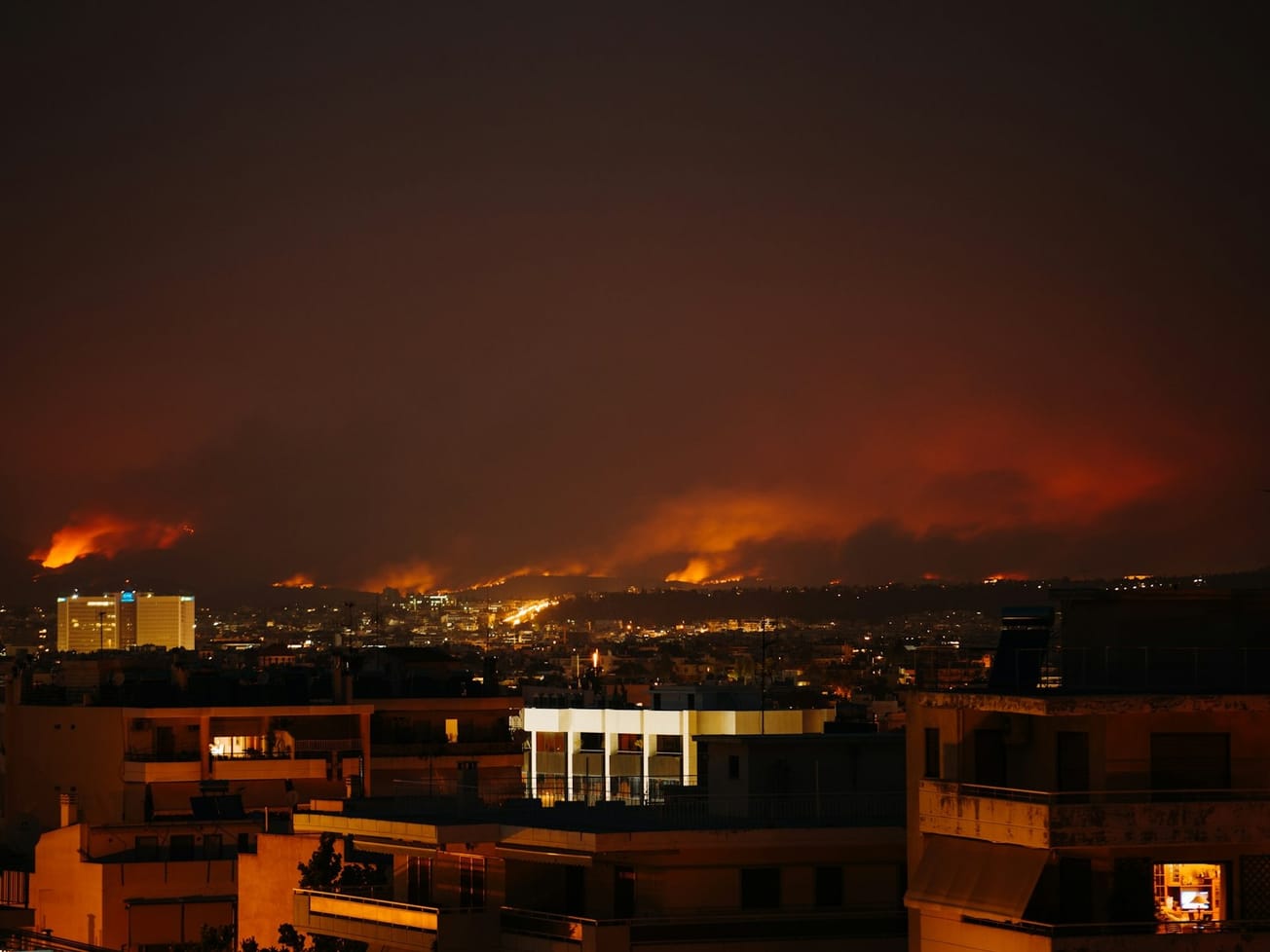GENEVA (AN) — As the world starts jockeying over a pandemic treaty, some themes rise to the forefront: What's enforceable? How can we ensure fairness? Will nations pull together?
Chief among these questions is an "accountability gap" that undermines the proposed treaty's potential, an independent coalition of global leaders said on Friday.
The draft to kickstart negotiations, released earlier this week by the World Health Organization's intergovernmental negotiating body, is rooted in WHO's constitution and the 2007 International Health Regulations that are legally binding on 196 nations.
The panel co-led by former Oxfam Great Britain CEO Barbara Stocking and former Costa Rican President Laura Chinchilla Miranda praised the “zero draft” for its "recognition that equity must prevail at every level of decision-making to adequately and justly tackle global health threats."
But it said more accountability needs to be injected into efforts to ensure that the global supply of lifesaving tools, like vaccines, therapeutics and diagnostics, are predictably and equitably shared during a global health crisis.
"There are worrying gaps in its effort to ensure accountability mechanisms are agreed from the start," said the 10-member Panel for a Global Public Health Convention, based in Miami and London.
"Accountability is one of the most sparingly used terms in the treaty, and when it is used, it’s clear that real decisions on compliance will be kicked down the road," it said. "Principles and concrete mechanisms for accountability must be reflected in a treaty, and not left solely to the International Health Regulations, which have so far not held countries to account."
The word "accountability" appears four times in the 32-page draft treaty. "Equity" is written 10 times; "solidarity," eight times.
My take on the Pandemic Treaty (CA+) Zero Draft
— Lawrence Gostin (@LawrenceGostin) February 2, 2023
Let's start w/ credit due to @WHO & INB
It's stunning, w/ equity & hrs front & center
The North/South sticking point is that the rich want scientific sharing & LMICs want leverage of sharing pathogens
CA+ treads the needle
1X pic.twitter.com/M5B9cxmp0m
Handing WHO 20% responsibility
A day earlier, German Health Minister Karl Lauterbach had a complementary message as he joined WHO's Director-General Tedros Adhanom Ghebreyesus in calling for the U.N. health agency to be given more resources and authority to lead the world through the next pandemic.
Lauterbach, who met with Tedros on the sidelines of the WHO’s Executive Board meeting, is an epidemiologist by training who has won both praise and criticism for imposing strict COVID-19 measures in Germany while the Omicron variants spread. Germany is one of WHO's biggest financial backers.
"We are the people who stuck together in solidarity, who followed the rules, who helped, who distributed vaccinations, who got vaccinated, who said we are still vaccinating – and have come through this terrible pandemic," Lauterbach told a brief news conference with Tedros on Thursday at WHO's headquarters.
The pandemic draft treaty would hand WHO one-fifth of all the vaccines and other products the world needs in a pandemic: 10% donated free of charge, the other 10% purchased at an “accessible” price.
Its purpose is “to enable equitable distribution, in particular to developing countries, according to public health risk and need and national plans that identify priority populations,” says the initial proposal sent to member nations.
But the draft also recognizes “protection of intellectual property rights is important for the development of new medical products” that impact price and access. The words "intellectual property" appear in it 10 times.








